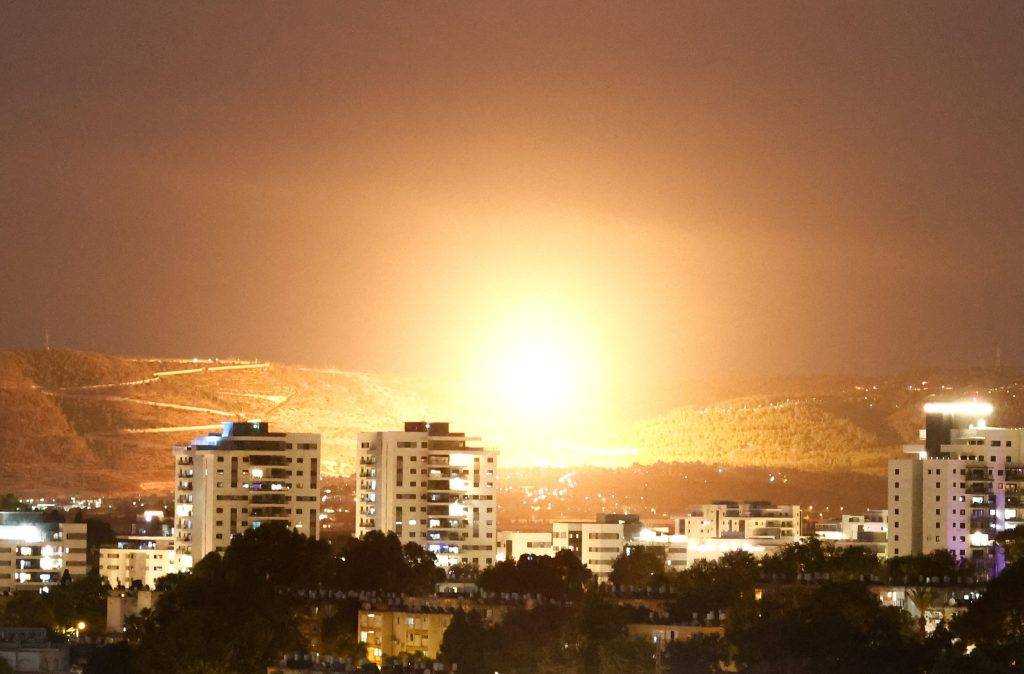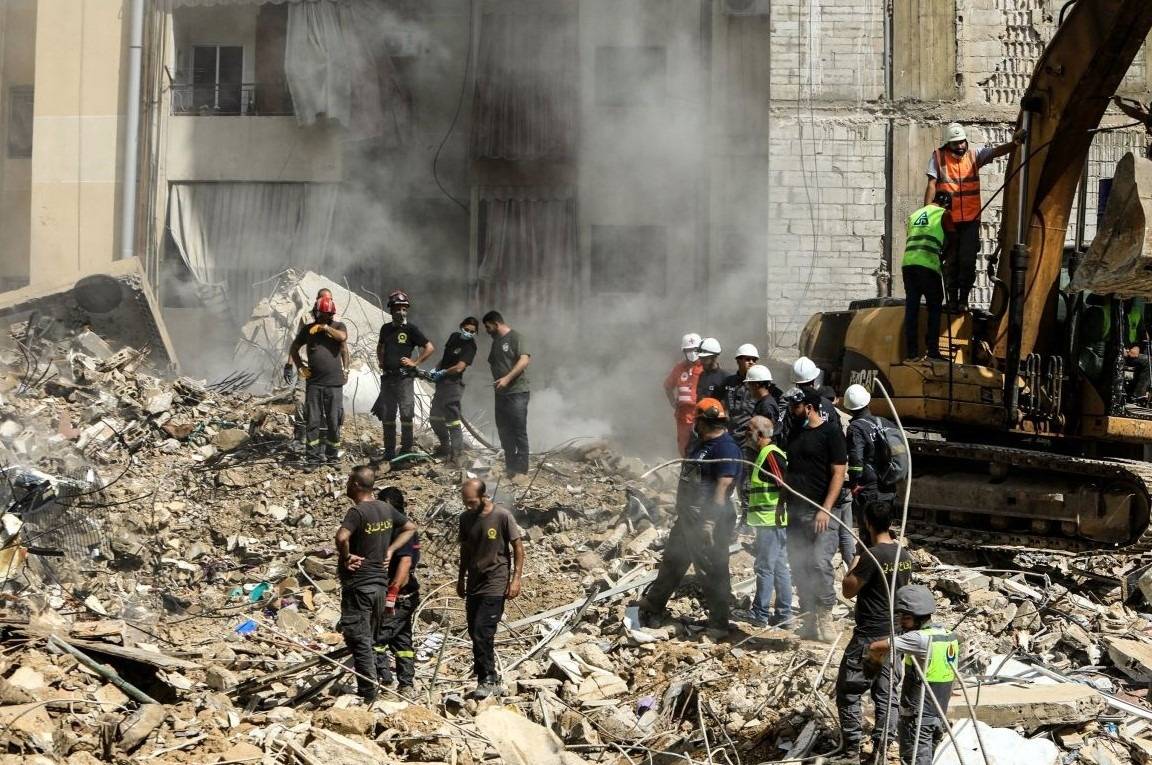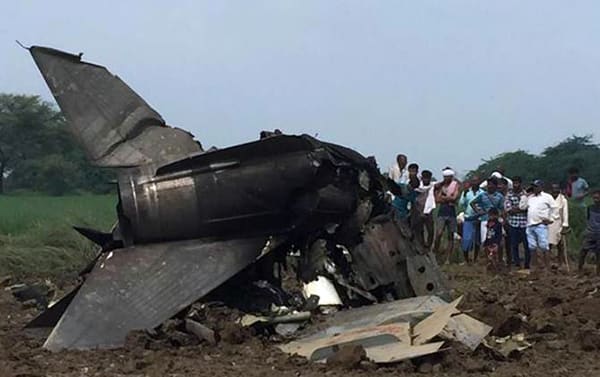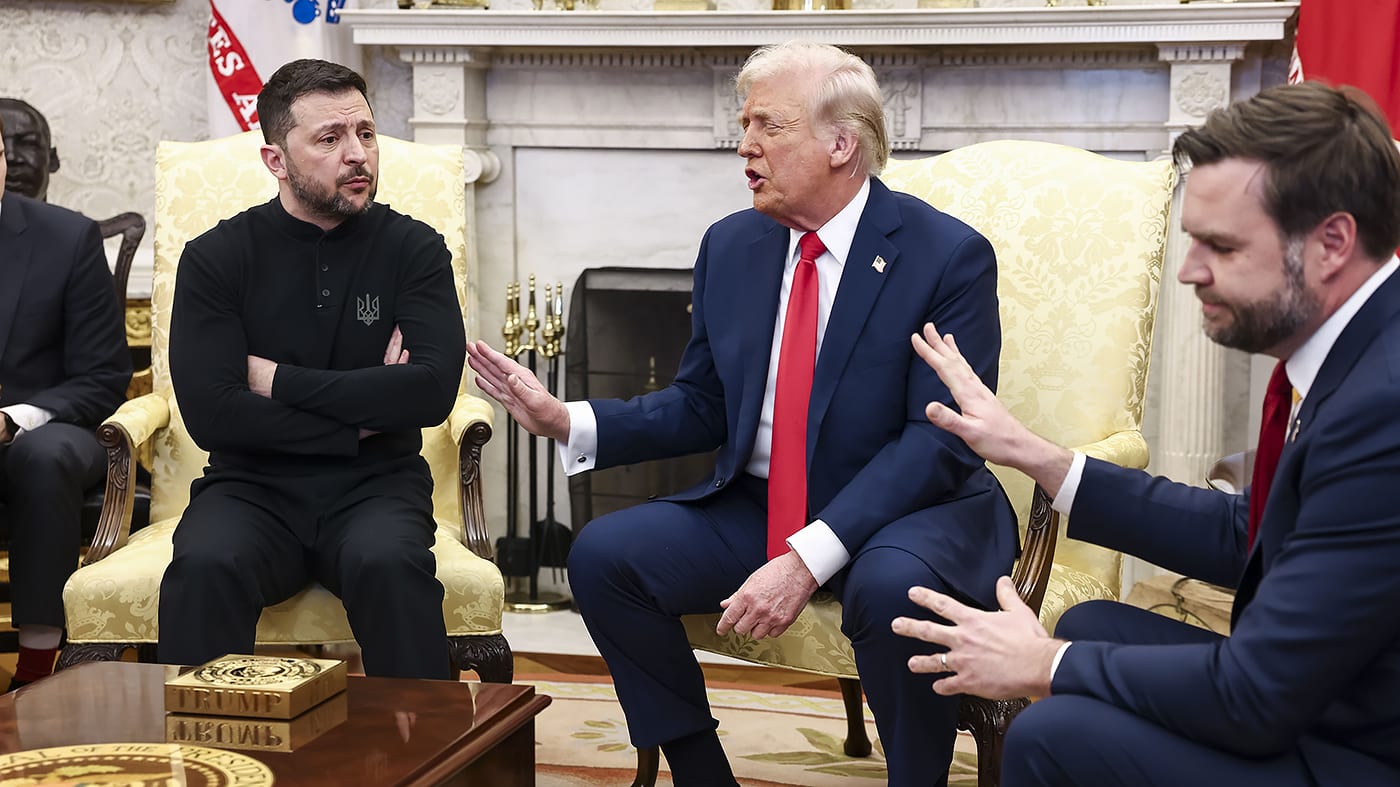In a devastating escalation of violence, an Israeli airstrike on a municipal building in southern Lebanon has left 16 people dead, including the mayor of a major town. The attack, which targeted the headquarters in Nabatieh, a provincial capital, marks the largest strike on a Lebanese state facility since Israel’s campaign against Hezbollah began.
Lebanese officials condemned the attack, which injured over 50 people, as a significant shift in Israel’s tactics, suggesting that the strikes are now targeting official Lebanese state structures. Caretaker Prime Minister Najib Mikati stated that the strike “intentionally targeted a municipal council meeting” aimed at discussing service and relief efforts for those displaced by Israel’s ongoing military operations.
Mounting Concerns Over Regional Conflict
Tensions have risen sharply in the region, with fears of a broader conflict following an Iranian missile attack on October 1. Israel has vowed retaliation, and the situation continues to escalate. The U.S. responded to the increasing hostilities by launching strikes on five underground weapons storage sites in Houthi-controlled Yemen. This is the latest in a series of U.S. attacks on Houthi-related targets over the past month.
The Houthis, who are aligned with Iran, have claimed nearly 100 attacks on vessels crossing the Red Sea since November. These actions, they say, are in solidarity with Palestinians affected by the ongoing war between Israel and Gaza.
Meanwhile, Israeli airstrikes continue across the region. On Thursday, Syrian state news agency SANA reported that Israel launched strikes on the Mediterranean port city of Latakia. Syrian firefighters are currently battling blazes triggered by the strikes, while the country’s air defense forces responded to Israeli targets over Latakia, according to Syrian state television.

Evacuation Notices and Civilian Impact
As the violence intensifies, Israel has issued multiple evacuation notices, including for Nabatieh, a city with tens of thousands of residents. On October 3, Mayor Ahmed Kahil made it clear that he would not leave the city despite the evacuation order.
When asked about the recent airstrike on Nabatieh, U.S. State Department spokesperson Matthew Miller refrained from commenting on specific incidents but reiterated U.S. support for targeted strikes aimed at Hezbollah. “We understand Hezbollah operates in civilian areas, including homes, but we do not support widespread destruction of villages or civilian homes,” Miller said.
Israel has claimed responsibility for dozens of strikes on Hezbollah targets in the Nabatieh region and along the southern Lebanese border. Israeli forces also announced that they dismantled an extensive tunnel network used by Hezbollah’s elite Radwan Forces near the Israeli border. The operation took place in the small town of Mhaibib, and a video shared by Israeli authorities showed multiple explosions in the area.
Casualties and Displacement
Lebanon’s health ministry reports that Israeli operations have resulted in the deaths of at least 2,350 people over the past year, including hundreds of women and children. The attacks have displaced more than 1.2 million people, creating a humanitarian crisis. The reported death toll, however, does not differentiate between civilians and combatants.
On the Israeli side, around 50 people, both soldiers and civilians, have been killed during the same period.
UN Peacekeepers and Regional Tensions
The United Nations Interim Force in Lebanon (UNIFIL) reported further incidents of violence on Wednesday, claiming that an Israeli tank fired at their watchtower near Kfar Kela in southern Lebanon. According to UNIFIL, two cameras were destroyed, and the tower sustained significant damage. There has been no comment from the Israeli military regarding the incident.
Israel has previously requested that the United Nations relocate its peacekeeping forces from southern Lebanon for safety reasons. However, UNIFIL maintains that its troops have been targeted by Israeli forces on several occasions, though Israel has disputed these reports.
Israel Vows No Ceasefire with Hezbollah
On a visit to northern Israel near the Lebanese border, Israeli Defense Minister Yoav Gallant stated that the assault on Hezbollah would continue, ruling out the possibility of halting attacks for negotiations. “We will negotiate only under fire,” Gallant asserted, echoing a message he has repeated since the conflict began.
Meanwhile, U.S. Pentagon Chief Lloyd Austin held discussions with Gallant on Wednesday. Austin stressed the importance of ensuring the safety of both UNIFIL forces and the Lebanese Armed Forces, underscoring the need to mitigate risks to international peacekeepers as the conflict continues.







